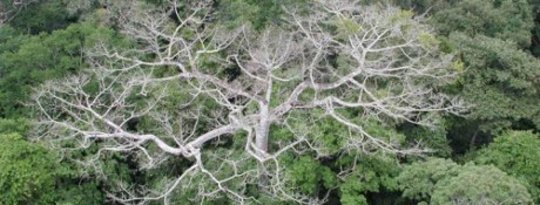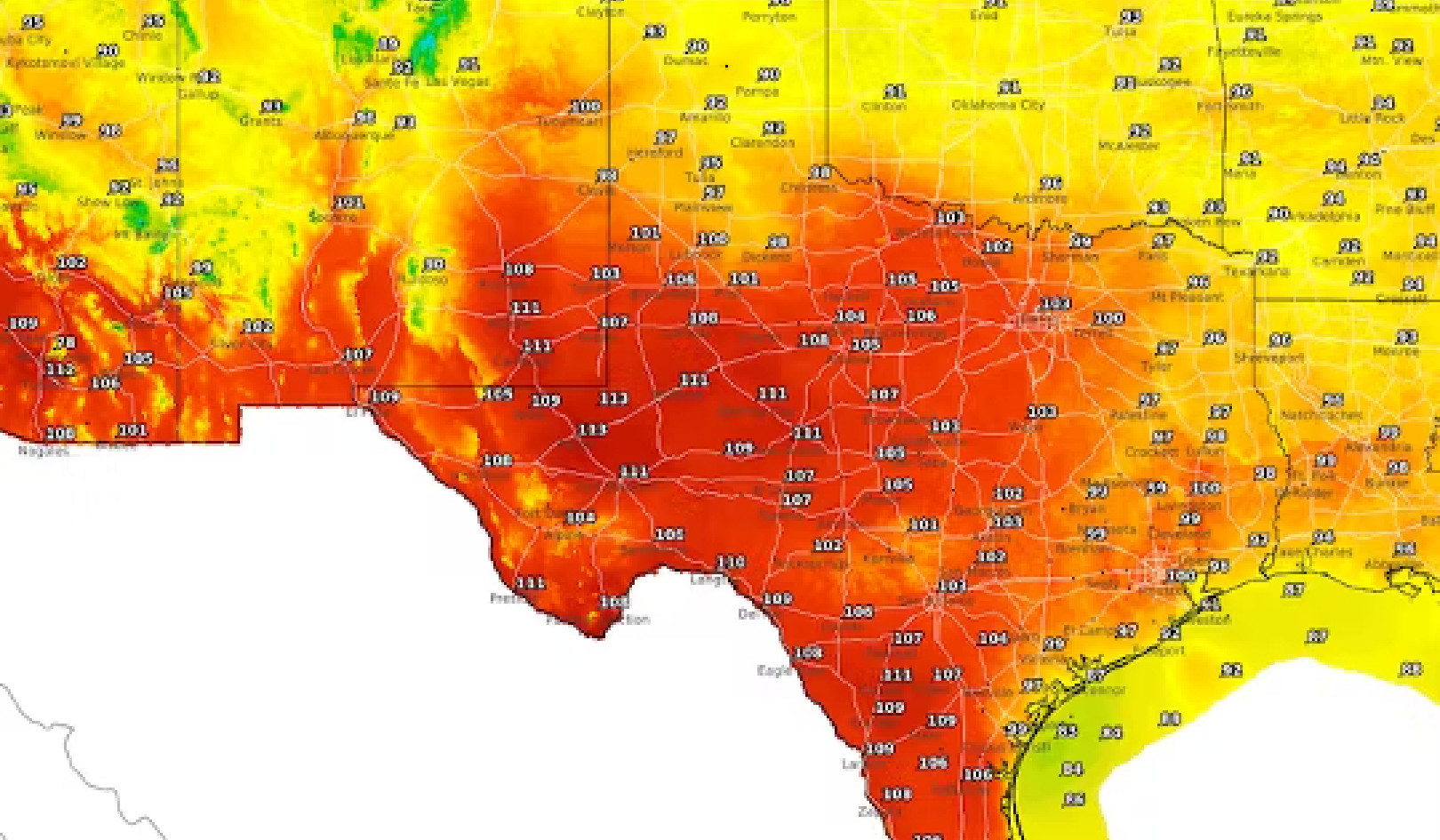
Climate change is responsible for more than half the changes detected in the world’s vegetation, researchers say, and human activities for only about a third.
The amount of vegetation in the world, and the way it is spread across the planet, has changed significantly in the last three decades, researchers say.
They attribute more than half the changes they detected to the effects of the warming climate, with people responsible for only around a third. Surprisingly, perhaps, they are at a loss to attribute about 10% of the changes unequivocally to either the climate or us.
They say their work marks a scientific advance, because it has only recently become possible to quantify how far climate variability, human activity or a combination of the two are responsible for what is happening.
While the researchers, geographers from the University of Zurich, Switzerland, and colleagues from the Netherlands, say the last 30 years have seen substantial changes, satellites have during that time been recording how vegetation has altered.
Vegetation Has Increased In The North And Declined In The South
In a striking and perhaps unexpected development, the team found that while vegetation has declined south of the Equator, it has increased in the northern hemisphere.
The climate is what governs the seasonal activity of vegetation. In the humid mid-latitudes, temperature is the largest factor influencing plant growth.
In mainly dry areas, though, it is the availability of water and in high latitudes the amount of solar radiation that is key. And everywhere humans influence vegetation in myriad ways – and are influenced by it.
There is evidence that the arid expanses of the Sahara desert were once wet enough to support lush vegetation, so much so that the Sahara was known as the breadbasket of North Africa.
A reverse process is under way in Greenland, where the rapid warming of the Arctic means that in some southern parts of the formerly ice-bound island vegetables will now grow happily.
Demand For Fuel And Food Still A Big Factor In Vegetation Change
A pervasive human influence in many parts of the world is the pressure from growing human populations and their demand for wood for fuel and building and for plant matter for food and fodder.
The researchers have developed a model that can show the influences on vegetation of human activity and climate variability separately. Using satellite data on the increase or decline over the last thirty years, climate measurements and models, and data on the kind of land cover, they conclude that around 54% of the changes in global vegetation can be attributed to climate variability.
One of their reports, Spatial relationship between climatologies and changes in global vegetation activity, is published in the journal Global Change Biology. The other, Shifts in Global Vegetation Activity Trends, appears in Remote Sensing.
The main decline they detected has happened south of the Sahel, in countries such as Tanzania, Zimbabwe and other parts of central Africa.
“We assume that this was caused by clear cutting, the transformation of rain forest into plantations, or changes in agriculture in general”, said Rogier de Jong, a postdoctoral student at the University of Zurich’s Remote Sensing Laboratories (RSL).
10% of Vegetation Change Still Can Not Be Explained
But even after identifying the difference between the hemispheres and the probable reasons for it, that still leaves the tantalising 10% of change which the team cannot explain fully by either climatology or human activity.
“We suspect that this is due to unexplained effects of the interactions between humans and the climate”‘, says the head of the RSL, Michael Schaepman.
He and his team will continue to work on trying to find an explanation for what is happening under a newly created research priority programme, Global Change and Biodiversity, at Zurich. – Climate News Network
Title and subtitles by PolyConundrum
About the Author
 Alex Kirby is a British journalist specializing in environmental issues. He worked in various capacities at the British Broadcasting Corporation (BBC) for nearly 20 years and left the BBC in 1998 to work as a freelance journalist. He also provides media skills training to companies
Alex Kirby is a British journalist specializing in environmental issues. He worked in various capacities at the British Broadcasting Corporation (BBC) for nearly 20 years and left the BBC in 1998 to work as a freelance journalist. He also provides media skills training to companies

Related Books:
The Future We Choose: Surviving the Climate Crisis
by Christiana Figueres and Tom Rivett-Carnac
The authors, who played key roles in the Paris Agreement on climate change, offer insights and strategies for addressing the climate crisis, including individual and collective action.
Click for more info or to order
The Uninhabitable Earth: Life After Warming
by David Wallace-Wells
This book explores the potential consequences of unchecked climate change, including mass extinction, food and water scarcity, and political instability.
Click for more info or to order
The Ministry for the Future: A Novel
by Kim Stanley Robinson
This novel imagines a near-future world grappling with the impacts of climate change and offers a vision for how society might transform to address the crisis.
Click for more info or to order
Under a White Sky: The Nature of the Future
by Elizabeth Kolbert
The author explores the human impact on the natural world, including climate change, and the potential for technological solutions to address environmental challenges.
Click for more info or to order
Drawdown: The Most Comprehensive Plan Ever Proposed to Reverse Global Warming
edited by Paul Hawken
This book presents a comprehensive plan for addressing climate change, including solutions from a range of sectors such as energy, agriculture, and transportation.



























